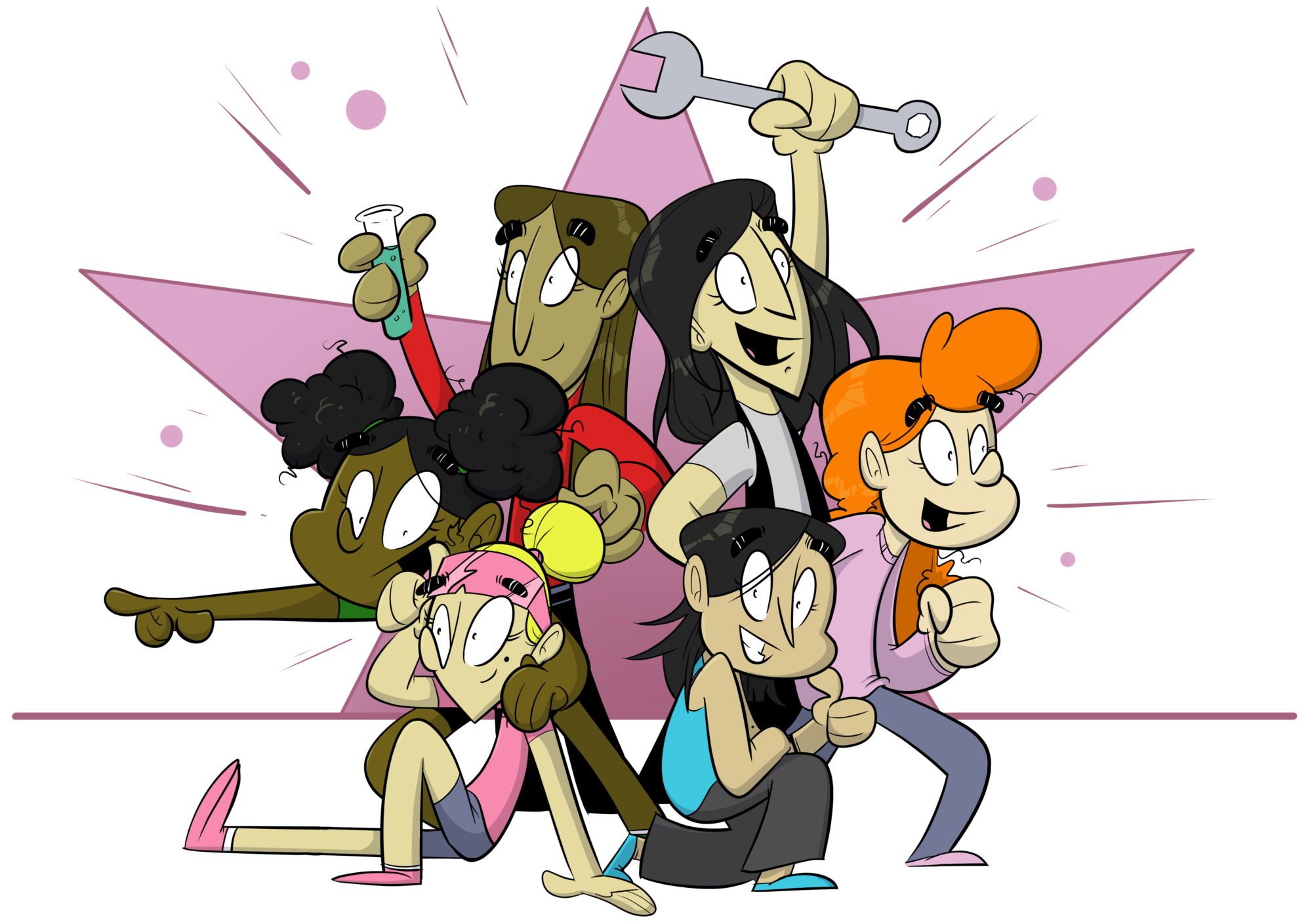The term “networking” elicits a mental image of a conference or a trade expo. While most adults network routinely, you may wonder how it applies to children. Anyone can network, anywhere. Networking is about establishing relationships that can be important in every aspect of life.
As a child, the most important relationship after the family is friendship. Often, these friendships are based on what games kids like to play or who was nice to them at lunch. Too often, children don’t realize the importance of having these acquaintances.
I am not advocating for children to learn to use people. Networking should always be done with mutual respect, and both parties should feel some sense of fulfillment from the arrangement. Children should not just use someone to get what they want, but they should also know that they may only have one interest in common with someone, and it is okay if their association with this child can be limited to that activity.
This can also help foster respect for a child your engirlneer doesn’t necessarily want to play with outside of the shared activity. For instance, maybe your engirlneer really wants to learn how to play piano, but she has no idea where to start. Encourage her to be vocal about that interest, and if she hears that someone else plays piano, she can strike up a conversation to figure out where she can take lessons or what she needs to do. The girls can use their love of the piano to foster a friendship based on that mutual interest.
The skill to network will help them in high school and college as well. If your engirlneer is struggling with a class, but she knows a classmate is grasping the material more successfully than your daughter, she could reach out and ask for help from her classmate. Your engirlneer could use her networking skills to improve her grade, and perhaps in the process she could find a way to help her new tutor with something she is struggling with. The whole idea of networking is to have people you can lean on for help should the need arise. It will help your engirlneer learn to ask for help if she needs it.
In college, attending career fairs, professional organization meetings, and even establishing a good relationship with a professor should all be considered networking. These will give your engirlneer a way to connect with others she may need to lean on down the road for advice, professional development, recommendations, and many, many other reasons.
As a professional, networking is vital. I’ve met so many people in so many different careers because of both my professional and personal interests. I’ve connected with many of these people to fulfill both business and personal needs. It’s so much easier to call someone to get a marketing quote if I have a relationship with them. I’ve met so many people from so many backgrounds through my ability to connect, and it has helped make me a more rounded person. The connections your engirlneer can make through networking can be just as rewarding!
How do you teach your engirlneer to network at a young age? Encourage her to join activities related to her interests. Encourage her to speak up in class about and activity she is interested in. Teach her to never be embarrassed by an interest she has, even if it doesn’t fit into the traditional roles assigned to her by others.
Don’t let your engirlneer float through life without having to deal with other people. The more connections she has can expand her world in so many ways, but she needs to be open to exploring these connections and not only interacting with people who think and act like she does.
